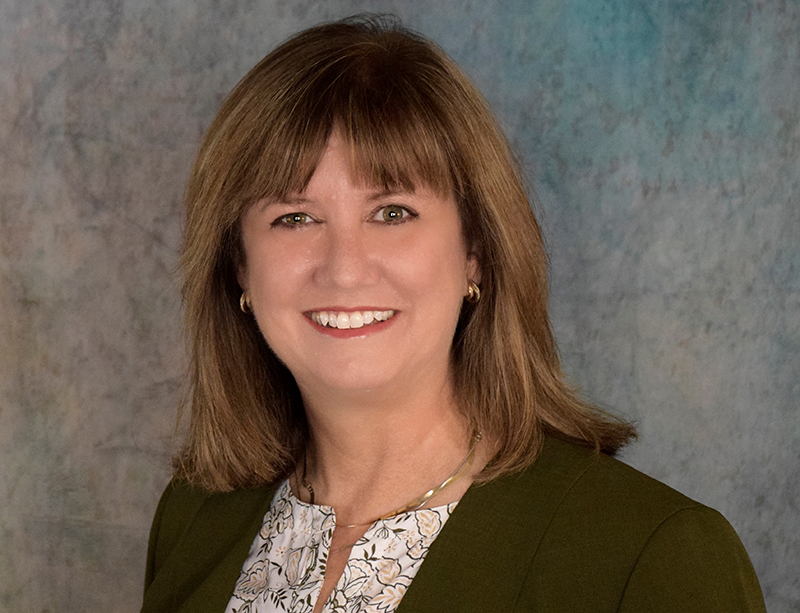Addressing the Hard Questions: A Grassroots Approach to a National Dilemma
A group of healthcare stakeholders, including those with touch points in mental health, care delivery, health policy, and helping underserved populations, are addressing our nation’s healthcare spend and potential trade-offs to balancing care and quality.

The roundtable event, sponsored by the Healthcare Leadership Council, was aimed at discussing healthcare priorities. It began with Ceci Connolly, President and CEO of the Alliance for Community Health Plans, asking attendees to have a voice as those with a vested interest in the health of our populations. The United States spends more per capita on healthcare than any other developed country, and yet we’re not realizing the improvements in health that should be expected nationwide. According to The Commonwealth Fund, the U.S. is last in 72 measured health outcome indicators*. But sustainable change won’t happen in Washington; it must begin with stakeholders like those in attendance at the roundtable meeting.
Seven groups were challenged to review a healthcare topic. Subjects included patient responsibility, determining if/when it’s appropriate to say “no” to requested testing, limited networks, setting salary caps for providers, managing patient noncompliance, end-of-life choices, and the added value of emerging therapies. Trending themes were centered around support for a fee for value system instead of a transactional patient experience. Best practices were also mentioned as critical because they have the potential to mitigate overspending by providers as they determine how to triage the potential need for services and testing.
Leaders Speak on Behalf of Their Community Needs
Who says no?
“A global policy or standard of care would be helpful. Data needs to be pooled together to create evidence-based guidelines that are widely accepted.” Should we limit choice? “There should be added transparency and health education for patients. Consider bundled payments or prepayments for evidence-based care pathways to get to the best outcome.”
Should we limit choice?
“There should be added transparency and health education for patients. Consider bundled payments or prepayments for evidence-based care pathways to get to the best outcome.”
Should we set salaries?
Many of the participants supported free market. “We’d like to see increased transparency, restructure, excellence in education, and incentives to attract the best minds. But patients also have onus in their care—they should follow prescribed treatment regimens.”
Are there consequences for the noncompliant patient?
“There may be societal costs to consider for each patient relative to why they do or don’t choose to seek care. As a community and as providers of healthcare, we need to understand why a person isn’t complying with recommended preventive care or treatments or adhering to medication management. With understanding as the cornerstone, we can help people appreciate options and consequences for avoiding needed care.”
When do we decide it’s end of life?
“This is a personal choice. But Hospice and health educators can help explain all considerations. We need to know well in advance who to trust during a diagnosis, treatment plan, and care. Patients should clearly understand what is best and why.”
Important dialogue around supply and demand, patient education, alternative plan designs, and defensive medicine helped fuel creative suggestions for solutions that would empower both patients and providers. Participation in shared decision making and working to advantage individualized medicine was viewed as key. The groups paused to ask critical questions about:
- understanding what the most conservative route for treatment may be based on patient history;
- determining if we need to deemphasize certain areas so that we can further invest in critical spaces like primary care;
- restricting testing by limiting who can provide care;
- involving the average consumer to better understand perceived barriers;
- integrating mental health services;
- avoiding waste in care; and
- incentivizing and employing those who are passionate about advancing medicine.
In addition, it was suggested that there be ongoing collaboration among Utah healthcare systems and community stakeholders. Together, they can help address needs around research, the stigma related to behavioral health needs, research, and access.
Although there were varying opinions among stakeholders, there was agreement that the conversation and ongoing grassroots efforts must continue. Healthcare requires a longitudinal look with a relentless focus and moral imperative on safety, access, quality, and affordability. As those entrusted to keep this perspective, the roundtable stakeholders have an important work for the communities they serve.
*Schneider, E. C., Sarnak, D. O., Squires, D., Shah, A. and Doty, M. D. (2017), ‘Mirror, Mirror 2017’, https://commonwealthfund.org/publications/mirror-mirror-international-comparisons [6 September 2017].
Select Health may link to other websites for your convenience. Select Health does not expressly or implicitly recommend or endorse the views, opinions, specific services, or products referenced at other websites linked to the Select Health site, unless explicitly stated.
The content presented here is for your information only. It is not a substitute for professional medical advice, and it should not be used to diagnose or treat a health problem or disease. Please consult your healthcare provider if you have any questions or concerns.




